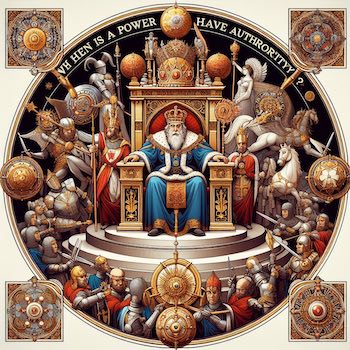A consciousness that is too horizontal
Abstract: The hierarchy works poorly because it is represented too horizontally in our minds. Defect inherent in the synthesis carried out in the conscious space. At this level of the neural network, the model flattens a social universe that is actually endowed with vertical complexity. Two mental dimensions In this chapter I use a notion … Read more










